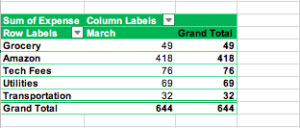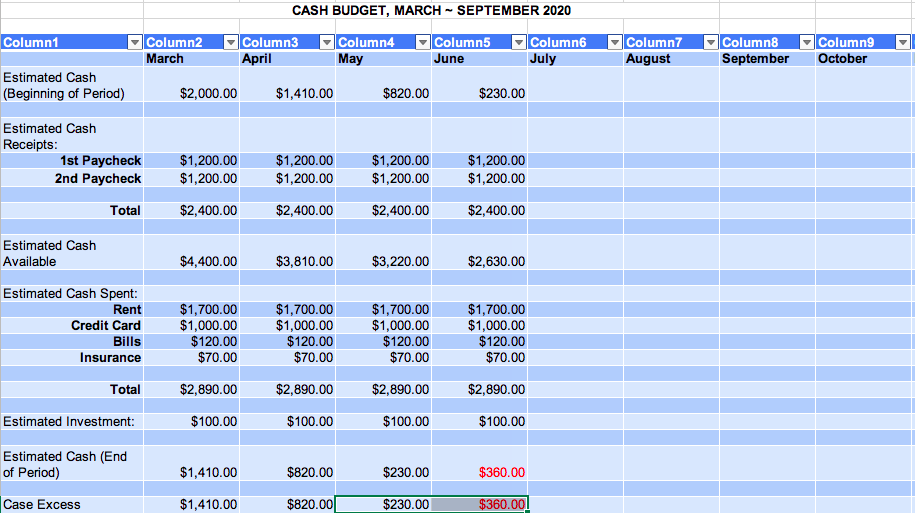 (Sometime in January, by Reggie Soang)
(Sometime in January, by Reggie Soang)
This blog entry is inspired by an interview done by Helen Rosner, New Yorker’s food correspondent. All the questions in this blog belong to Helen Rosner and The New Yorker.
New York City has been given the mandate to shut down all non-essential business activities. For the most part, people must work from home. Though restaurants that offer delivery or take-out are considered essential, most of the restaurants have shut down because opening for business is no longer sustainable. Without restaurants, many New Yorkers have to cook at home for the first time. Reggie Soang, a New York City chef, decided to give cooking lessons on instagram and share recipes on his website. Reggie wants to help people with different needs when they pick up their knives for the first time or dust off their cookie sheets since last Christmas. Since the mandate, cooking at home could be seen as a necessity rather than a hobby. Even Reggie, who doesn’t normally cook at home for more than two consecutive meals, finds cooking at home challenging because of the limited space, limited fire power, and the lack of a reliable dish washing machine. I had a quick conversation with Reggie over the weekend about his current living status and mindset for riding out the pandemic.
What’s it like now, being under lockdown?
I have to plan my meals at home and I haven’t had to do that in 10 years. For the majority of my adulthood, I’ve lived and breathed restaurants. Home cooking is another level of challenge…water takes forever to boil, oven is only big enough to bake 12 cookies at a time, dishes get piled up too quickly…I miss big powerful machines. But I am grateful…supermarket is near by and it is restocked quite frequently. In addition, I could manage to cook for 1 person and still be able to share leftovers with few friends who live few blocks away.
How did the lockdown in NYC unfold?
Things happened quite quickly. I was only told to operate the restaurant at 50% capacity few days before shutting it down entirely. I wasn’t all that surprised and I am grateful that my former company was fast in making the call without jeopardizing our health and safety. In regards to the city…it felt like everything happened overnight. I think our timeline aligned with the city’s…first came the big restaurant groups, and then it was done in matters of 24 hours.
Walk me through a trip to the store to buy food
I put on my mask, which is a winter hat-mask gear for running outdoor, and then I make sure to have my keys by checking them twice…a little bit of OCD there, guess that’s what a pandemic could do to our mental health. I am lucky that the closest supermarket is within a block. Also, I have always been an efficient shopper – I’d mentally draw a map of my route in the store (of course, with a list of ingredients written down) and I’d find a spot near the section where I shop and “park” my basket, and then I’d go grab whatever I need without having to “basket pump” everyone else. I’d only move my basket if the items are too far away. Also, having a culinary background allows me to change plans on a whim…if they run out of flour…then I just won’t bake! I am in and out of the store in 10 minutes or less.
You’ve been living like this for three weeks now. Does it feel normal now?
Only somewhat…I still can’t get used to the fact that my exposure to nature and sunlight could be life or death. Worse, I feel like my life is a roulette sometime…I could be taking out my trash and catch the virus. I try not to be paranoid every time I touch the door knob or my face. I am doing everything I possibly can to be clean and healthy. But I have accepted that nothing will ever be the same anymore, and that took a while to sink in.
What other adaptions have you made to how you cook and eat?
I have been cooking 1-pot meals because my friend would like to learn few dishes that he could easily execute at home. My friend still works very hard everyday, and he needs recipes that require minimal steps and equipment. I find this project to be challenging and rewarding. I no longer enjoy taking many steps to make a dish at home because of the amount of dishes I have to do. I also think that kind of cooking belongs to restaurants where everyone helps out. At home…cooking should be simple and straight forward, and the food should be just as delicious.
What do you miss the most?
Personal life? my friends and swimming pool. I really miss drinking and sharing a meal with my friends…like crazy. I love nothing more than opening a decent bottle (or two) of wine and passing the food around. I miss swimming because it is one of the only workouts that pushed me to the limit and felt accomplished at the end. I also miss going on dates occasionally…not that I have ever been successful in that department, but I enjoy meeting a new person and learning about her work and interests. If it didn’t workout, at least I’ve learned about a new line of work that is outside of the restaurant world.
Work wise? It wouldn’t be called work if I loved it. Let’s just leave it at that.
Have you been talking about lockdown in the videos?
No, it’s not my platform. I decided to be more visible on social media because I want to offer ideas to help people adapt to our new lifestyle. What I know about lockdown is pretty much the same as everyone else. I watch/read CNN, NY Times, Washington Post…you know, all the fun and liberal fake news. (j/k).
Well Reggie, thanks for your time! Keep cooking because someone will need your 1-pot recipe sooner or later!
Thank you for spending some time with me! Pleasure is all mine!…I guess this is what Tom Hank must have felt like when Wilson was the only friend.
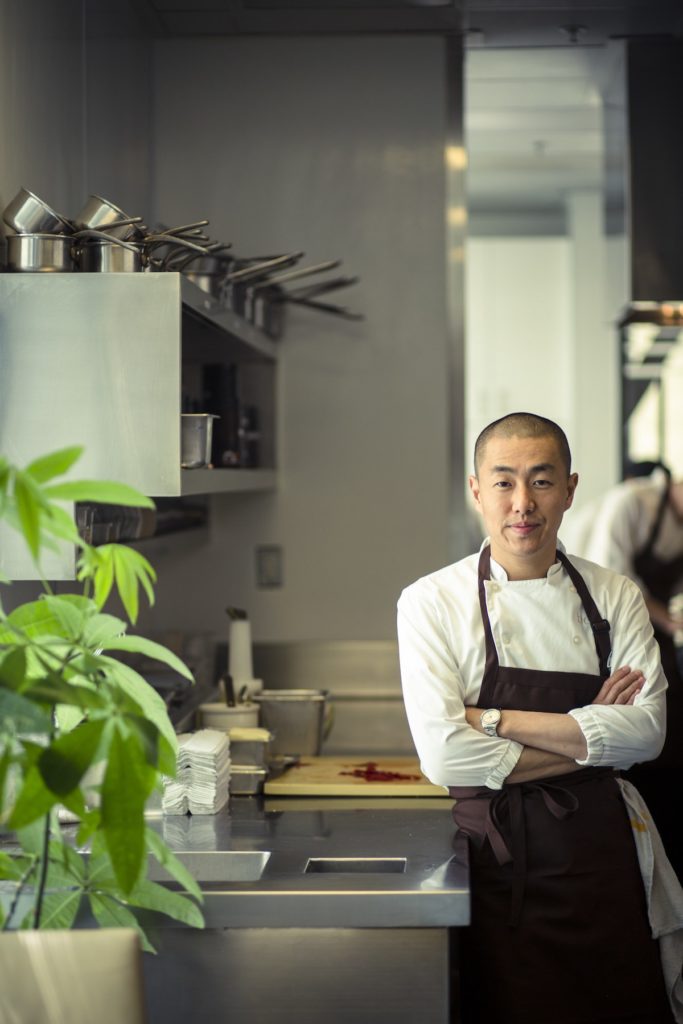 David Chang interviewed Corey Lee, chef at Benu, in one of the latest podcast episodes. Corey recently debuted his much-anticipated Korean restaurant with take-out concept only. David and Corey talked about the meaning of the job as a chef, David Chang’s new memoir, Eat a Peach, and the future of the restaurant world.
David Chang interviewed Corey Lee, chef at Benu, in one of the latest podcast episodes. Corey recently debuted his much-anticipated Korean restaurant with take-out concept only. David and Corey talked about the meaning of the job as a chef, David Chang’s new memoir, Eat a Peach, and the future of the restaurant world.





 (Sometime in January, by Reggie Soang)
(Sometime in January, by Reggie Soang)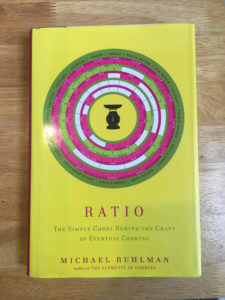
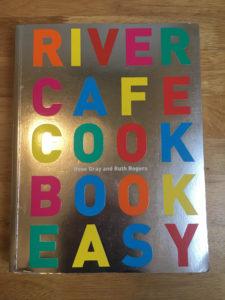
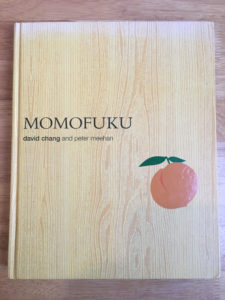
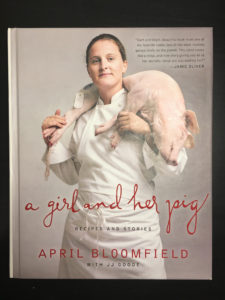
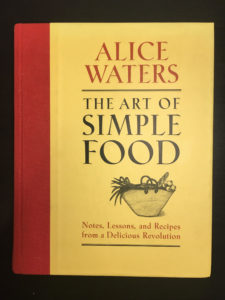
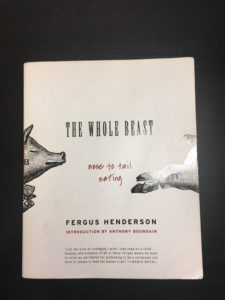
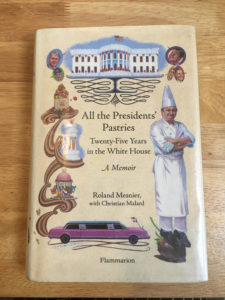
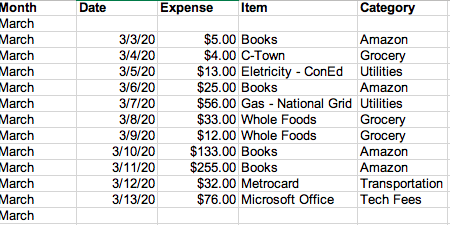 I record my daily spendings in this table. I could use this information to generate a summary.
I record my daily spendings in this table. I could use this information to generate a summary.